
The Little Book of Big Change
The No-Willpower Approach to Breaking Any Habit
Recommendation
Social psychologist Amy Johnson offers a fresh take on controlling bad habits. Rather than encourage people with negative habits and addictions to view themselves as sick and telling them to fight against their habits with willpower, Johnson teaches them simply to be mindful of their urges and forget willpower altogether. Writing in a candid, accessible voice, Johnson combines spiritual psychology, personal anecdotes and neuroscience research to offer an alternative framework for anyone who wants to overcome a bad habit. Her ideas and techniques can help those who are battling addictions or bad habits to look at their urges with fresh eyes. She encourages them to tune in to their inner wisdom and change their perspective on their habits. While never giving medical advice, getAbstract recommends Johnson’s supportive manual to anyone looking for alternative suggestions about how to live a healthy, happy life – free of negative habits.
Summary
About the Author
Life coach and social psychologist Amy Johnson also wrote Being Human: Essays on Thoughtmares, Bouncing Back, and Your True Nature. She has been featured on Oprah.com.








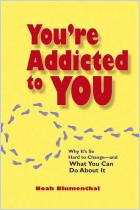
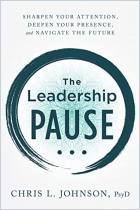
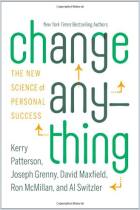
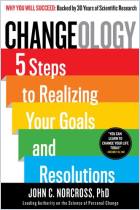
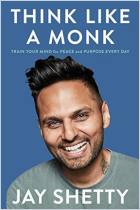
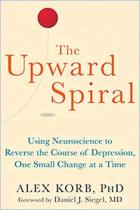


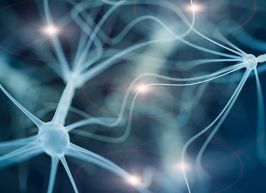




Comment on this summary or Diskussion beginnen